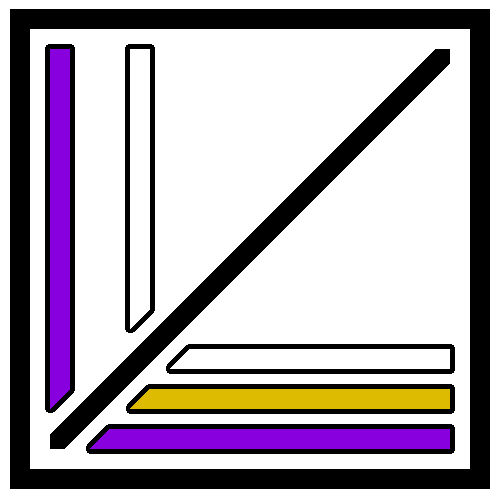I haven’t updated in forever. Here’s some writing.
Husk bore no grudges against the living. Her pursuit was of knowledge, not vengeance. She remembered few of the things he learned, however. This, in part, is what kept her from seeking any retribution for what the living had done to her. Why seek revenge, she reasoned, when I don’t even know if I was wronged?
The living allowed her to walk among them, but not unmolested. Children would throw rocks or rotten food at her; the grown would give her dirty looks or turn away. A few of the young would confront her, she was told, and beat her into submission. She never remembered these encounters.
Husk was not what they considered a “person.” All she knew of her life was relayed to her by those that hated her. She had no idea of her own history, and so she could not deny any of their accusations. They told her that she was born dead and should have stayed that way. They said her mother used unnatural magic to bring breath into her lungs. They told her that if she was meant to live in this world, she would be able to remember it. They told her she should leave this world as soon as possible.
“You are dead yet you walk the roads,” they would say to Husk. She believed them. She could see well enough that her skin was dry and clinging to her meager frame. Her gait was a shamble, slower even than the elderly matrons who tended the gardens.
“You are dead yet to speak to us,” they would say. Husk knew the sound of her own voice and how it rasped against her peeling throat as she exhaled. She knew it was not a pleasing sound to the living, and so she kept it to herself a much as she could.
“You are dead yet you read,” the meddyg would say to her. “Reading is not a skill many possess here.” The meddyg is living, Husk noted, and does not hate me.
Meddyg Yu-Isu provided Husk with much reading material. He showed much patience compared to the none-at-all the other living showed her. He had no problems at all providing her a book he had already read three time over; he understood her mind was fragile. He knew she was prone to forgetting things, especially when she is damaged.
“Yu,” Husk whispered, looking up from her book. The skin on her neck crackled as she moved.
Yu-Isu turned from his stitching to face his patient. “Pardon me a moment,” he said to the horrified man.
“I didn’t even know that thing was here,” the man said, a look of utter disgust on his face.
“That thing forgets more in a day than you will ever know,” Yu-Isu hissed in response. He jabbed the needle into his patient’s leg more roughly than required for the last few stitches before moving to the table at which Husk was seated. “How can I help you, friend?”
“I read thi—” she started, but shut her crackling lips on the word. She shook her head softly, indicating to Yu-Isu yet again that she’d forgotten what she was going to say.
He patted her lightly on the back and said, “Some day, don’t worry.”
Yu-Isu stood and collected a few herbs and vials from a cabinet before returning to his patient. “The vials,” he said to him, “You are to add to your drinks. The herbs you add to your food. They will heal you from the inside. Do not touch the stitches. Bathe in the spring in seven days and then return. Now get out, you are distracting Husk.”
